- 1 Introduction:
- 1.1 1. Understanding Sleep Disorders:
- 1.2 1.1 Prevalence of Sleep Disorders in Men:
- 1.3 2. Causes of Sleep Disorders in Men:
- 1.4 3. Symptoms of Sleep Disorders:
- 1.5 4. Diagnosis of Sleep Disorders:
- 1.6 5. Treatment Options for Sleep Disorders:
- 1.7 6. When to Seek Help:
- 1.8 Conclusion:
- 1.9 8. Additional Resources:
Introduction:
Sleep is significant to the wellbeing of the human body, though many men have sleep disorders that affect them at night. Research proves that about 30 percent of men experience sleep problems and this causes various nationalism of health. It is therefore equally important that sleep disorders in men are particularly understood for quality wellbeing and performance. In this article the author will enlighten you on what sleep disorders are all about, and how they manifest themselves into signs, as well as the various ways through which they can be cured.
1. Understanding Sleep Disorders:
A sleep disorders therefore refers to any condition that interferes with the normal quantity, quality, scheduling and time spent in sleep. Some can Interfere with progress during the day time. In men some of the sleeping disorders that prevail are insomnia, sleep apnea, restless leg syndromes.
1.1 Prevalence of Sleep Disorders in Men:
Statistical analysis reveal that men are more vulnerable to some sleep disorders than women. For instance, men are twice as likely to implement sleep apnea, a serious medical condition in which breathing is interrupted time and again during sleep. All of these disruptions can have serious effects on one’s physical health, that is why it is critical to diagnose sleep disorders at the initial stage.
2. Causes of Sleep Disorders in Men:
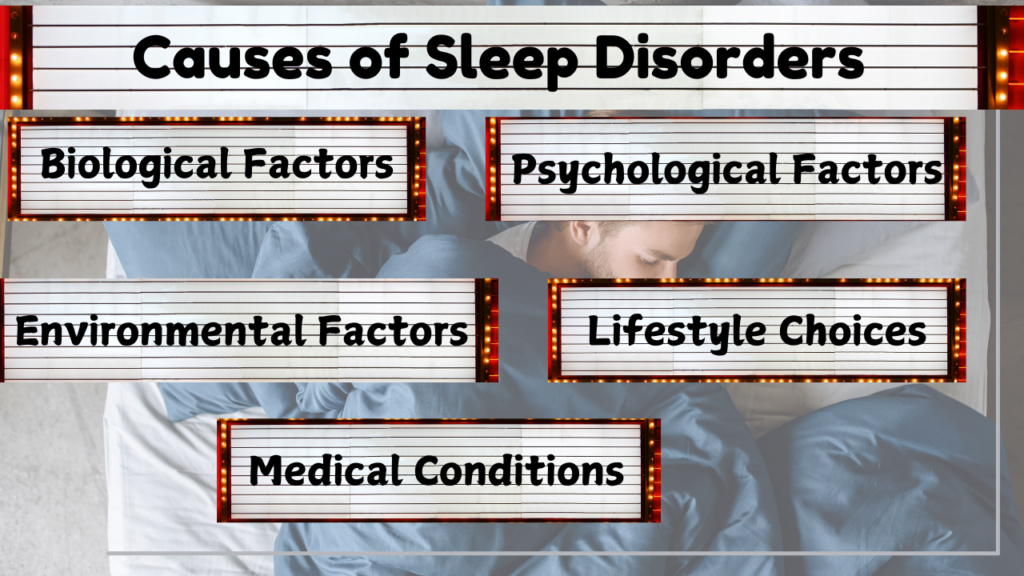
2.1 Biological Factors
It was observed that biological factors play an important role in causing sleep disorders in men. Such changes occur as a result of hormonal fluctuation, and especially as a man got older. Sleep regulating hormone, testosterone, is among those that deplete with age leading to problems such as insomnia.
2.2 Psychological Factors:
Continual stress and anxiety, which are experienced by many people today, are connected with increased rhythms of life. The American Psychological Association states that about 40 % of men complain of experiencing anxiety periodically. This mental pressure can translate into sleep problems such as difficulty in finding sleep and actually staying asleep worse sleep disorders.
2.3 Lifestyle Choices:
Lifestyle occupies one of the central positions regarding quality of the night’s sleep. Nutrition, physical inactivity, and tobacco, alcohol use, can influence sleep patterns. According to a survey conducted by the Journal of Clinical Sleep Medicine men who take caffeine or alcohol before going to bed are most probably to develop an insomnia condition.
2.4 Medical Conditions:
Sleep disorder is also associated with chronic medical conditions. For instance, diabetes predisposes men to sleep apnea because the condition causes them to be overweight. Of course, sleep can also be disrupted by cardiovascular problems, which makes it necessary to treat the health conditions that cause them.
2.5 Environmental Factors:
One cannot really overstate the importance of the sleep environment in producing sleep. Disturbances such as noise and light; and unfavorable environmental conditions such as room temperature. Cool, quiet, and dark place is ideal for sleeping, and disruptions disturb a lot of sleep in most individuals.
3. Symptoms of Sleep Disorders:
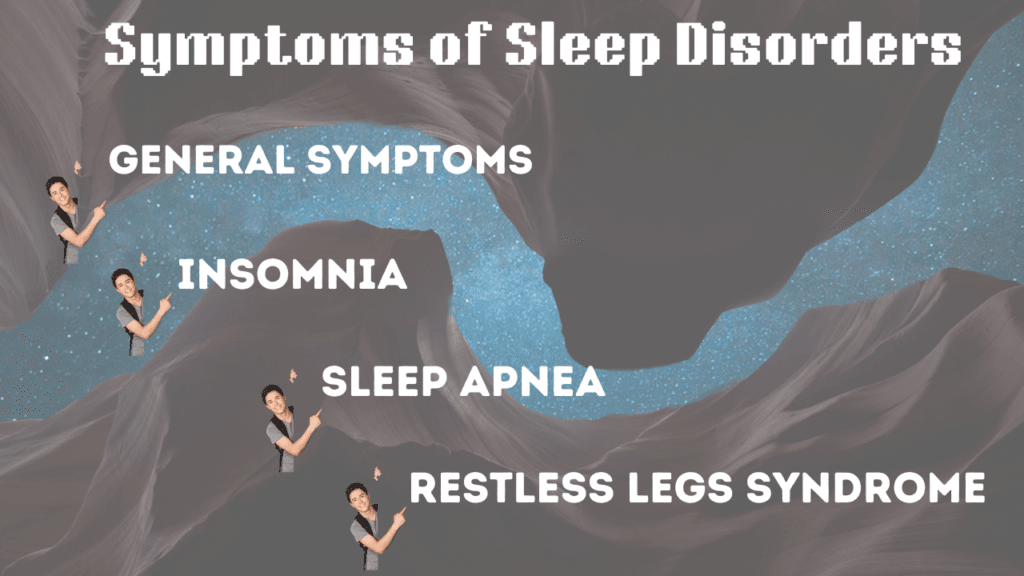
Therefore it is important to figure out the symptoms of sleep disorders in order to get treatment.
3.1 General Symptoms:
General symptoms of sleep disorders include:
- Sleep disorders specifically refers to the inability to fall asleep or to stay asleep.
- Using headphones to listen to music or videos while going to bed, waking up in the middle of the night and not being able to get back to sleep.
- For example; Excessive day sleepiness 4 of 14
3.2 Specific Symptoms by Disorder:
Insomnia:
In insomnia cases, men are left yawning for hours, searching for sleep all in vain. Men usually get tired, moody, and unproductive at work most of the time during the day.
Sleep Apnea:
Signs of sleep apnea include loud snoring, choking at night, and wake up tired. They can even reach such severe manifestations as cardiovascular diseases.
Restless Legs Syndrome:
Restless legs syndrome happens when men have unpleasant feeling in the legs and have a very strong desire to move their legs, especially if they are lying on their bed at night. This can seriously interfere with sleep.
3.3 Long-term Effects of Untreated Sleep Condition:
Moreover, sleep disorders if not treated will result in one or more of the additional outcomes mentioned. Due to lack of sleep, people can be at risk of obesity, diabetes, cardiovascular diseases and mental diseases. It is important that sleep disorders are treated as soon as possible to avoid these bad consequences.
4. Diagnosis of Sleep Disorders:
To be able to know when to ask for help is significant. Person suffering from persistent sleep disorders should seek medical advice from a doctor.
4.1 Importance of Seeking Medical Advice:
In the process, a healthcare provider is a way to go as this may help one get the necessary diagnosis and treatment. A lot of men can ignore their sleep issues, thinking of them as resulting from stress or advancing age. But you cannot do without professional evaluation if you want to discover more about the root cause of a problem.
4.2 Frequent approaches to diagnostic:
Most often, diagnosis is arrived at after reviewing the patient’s history and undertaking a detailed assessment to establish whether he or she has a sleep disorder and may require a sleep study (polysomnography). It documents different actions taking place during sleep and is valuable in diagnosing disease such as sleep apnea.
4.3 Role of Healthcare Professionals:
Healthcare professionals, would include the Statutory Authorities, healthcare providers, managers, teachers, learners, employers and employees and any other person that would be impacted by the act.
It is always best to consult your physicians and sleep specialists for diagnosis and treatment and to discuss whether you need a sleep study or intensive diagnostic work-up.
5. Treatment Options for Sleep Disorders:
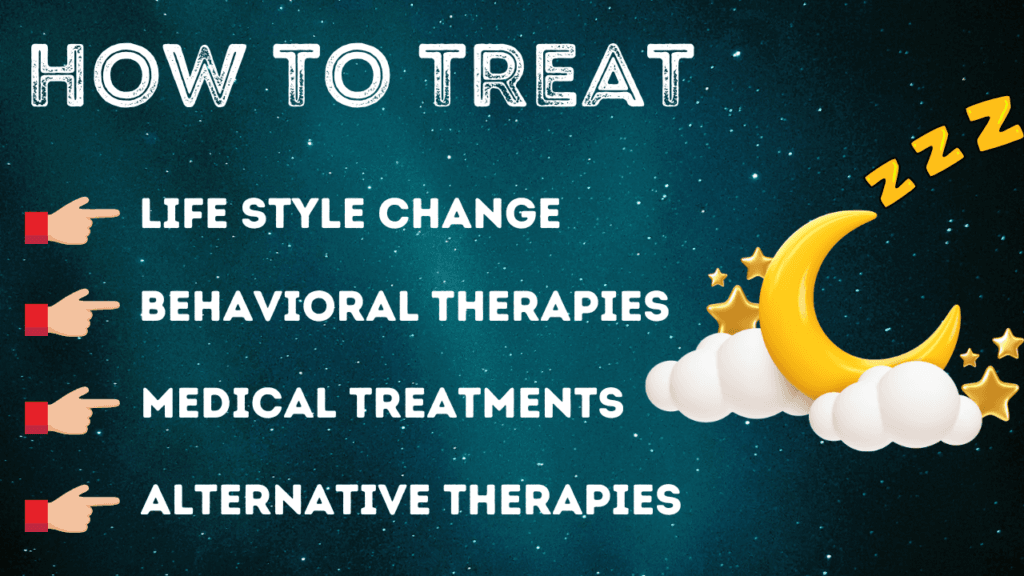
In other words, there are various therapeutic approaches that can be used to treat diagnosed sleep disorders.
5.1 Life style changes:
One can make major adjustments in lifestyle that is enough to Improve the quality of his sleep. Here are some practical tips:
- Sleep Hygiene Practices: Elimination of trigger nutrients and the use of masks, personal fans, and calming music can effectively provide the body with the messages that it’s time to rest.
- Dietary Changes: There are some foods, drinks, and habits which are helpful to avoid in order to have a better night’s sleep.
5.2 Behavioral Therapies
Behavioral therapies are therefore useful in treating sleep disorders especially insomnia.
Cognitive Behavioral Therapy for Insomnia (CBT-I):
CBT-I is an organized method under which such thoughts and behaviors, which result in or perpetuate sleep disturbances, are recognized and replaced. Some researches have revealed that CBT-I can be more helpful than doses for a long time.
Relaxation Techniques:
If you own a night vehicle that causes you anxiety, you can lower anxiety by practicing deep breaths, meditation, or yoga before bed.
5.3 Medical Treatments:
On some occasions, the doctor may prescribe certain drugs to help cure sleep disorders.
Overview of Medications:
Medications may include sleeping pills, antidepressants or drugs used for Sleep Apnea, for instance using CPAP. But for effectiveness these should be taken under the prescription of a doctor to help avoid dependency.
5.4 Alternative Therapies:
New age approaches including for instance acupunctural treatment or herbal medicines including valerian have been embraced. There is evidence in some of them that they can be effective in improving the quality of sleep but more large- scale research has to be conducted.
6. When to Seek Help:
If you experience any of the following signs, it’s time to consult a healthcare provider:
- Chronic sleep onset or sleep maintenance insomnia.
Affected day to day functioning due to hyperhidrosis. - Discontinuity of affects and psychomotor activity.
Effects on sleep, for example, abnormal patterns or actions during the night like production of noises like gasping for instance.
Conclusion:
Men are also not exempted from experiencing sleep disorders and all these can be treated when the man has adequate information and help. Learn about what could lead to sleep disorders, how to identify the signs and what you could do to improve your sleep. This means that sleep should always be a high priority because it matters to your physical, mental well-being and the rest of your life. If you have any reason to think you have a sleep disorders, do not wait and seek for the help. If you do not do something about it as soon as possible, you will never have a sound sleep at night and productive day in the morning.
8. Additional Resources:
For other information, the website like the American Academy of Sleep Medicine or the National Sleep Foundation may be helpful. Web and literature can also help reveal more information about sleep health and how to control it.

1. What are the most common sleep disorders in men?
Some of the popular sleep disorders in men include, insomnia, sleep apnea and restless leg syndrome. These above mentioned PATHOLOGIES can all impact sleep and health.
2. How do I know if I have a sleep disorder?
Symptoms of a sleep disorder are; Having trouble sleeping for more than a week, waking up often during the night, being sleepy during the day, and displaying abnormal movements during your sleep such as snoring or choking. If these symptoms are not subsiding then it is probably necessary to visit the physician.
3. What causes sleep disorders in men?
Male CPAP intolerance may be influenced by biology, psychology, nutrition and exercise, pre-existing medical conditions, and environment or noise and light.
4. How are sleep disorders diagnosed?
The diagnosis is usually done through assessment and review by a healthcare provider which could involve an overnight sleep test known as polysomongraphy to assess your sleep.
5. What treatment options are available for sleep disorders?
Some of the treatment approaches used to address insomnia include; short-term changes in the sleep-wake pattern, cognitive-behavioral treatment for insomnia, pharmacological treatment and complementary treatment of insomnia.
6. When should I seek help for sleep issues?
You should consult with a doctor if you have chronic sleep disorder, daytime sleepiness that interferes with activities, mood or cognitive changes, or obvious sleep disorder symptoms (noise during the night, for example).
7. Can lifestyle changes really improve sleep quality?
Indeed, changing certain habits can lead to the improvement of the quality of people’s sleep. Measures like going to bed at the same time each night, following a calming pre-sleep ritual, avoiding stimulating food and beverages before sleep will improve your sleep.
8. Are sleep medications safe?
Although sleep medications do help in controlling sleep disorders it is advisable to take them under supervision from a doctor to avoid getting addicted or developing complications from the medication.
9. Can sleep disorders lead to other health problems?
Of course, many different health problems are associated with untreated sleep disorders such as obesity, diabetes, cardiovascular disease, and mental health disorders. It is very important to treat sleep disorders as early as possible, to prevent any serious health problems.
10. Where can I find more information about sleep disorders?
To get more details, about sleep advice and other relevant details, you can rely on some reliable organizations namely the American Academy of Sleep Medicine, the National Sleep Foundation or seek the help of your healthcare provider.
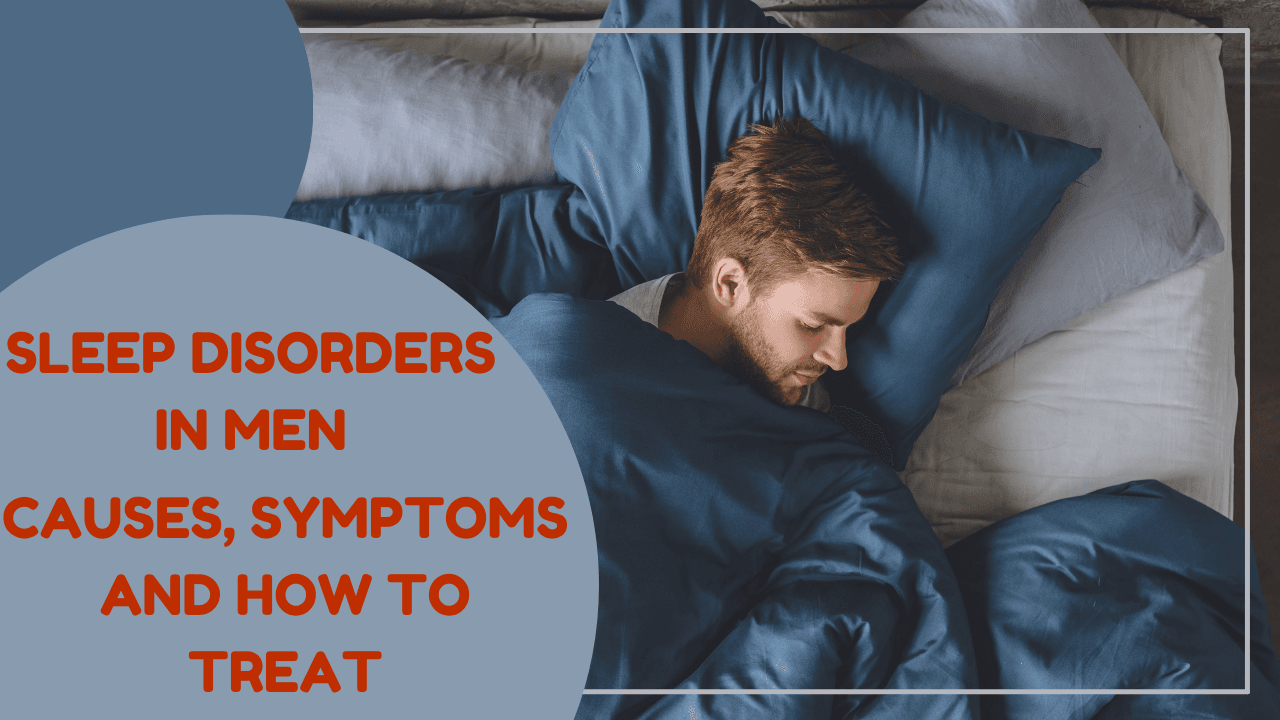

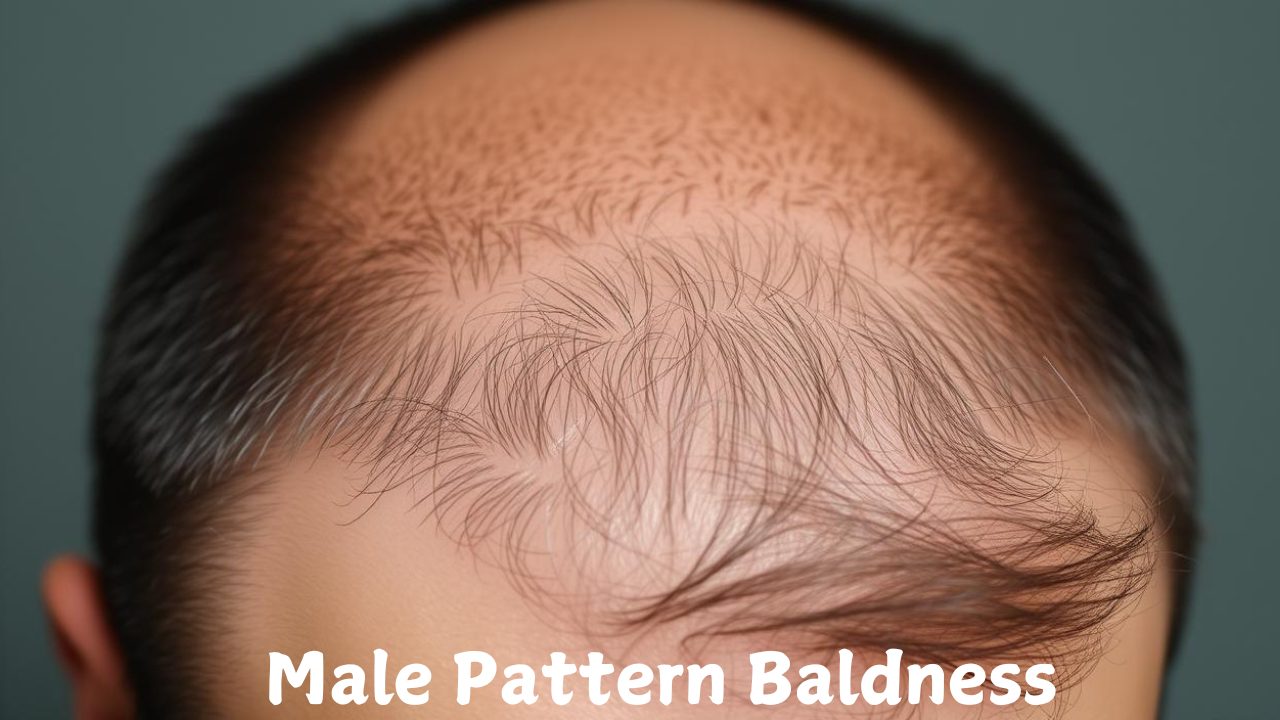



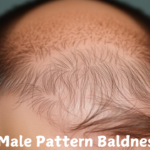






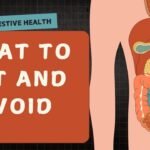



2 thoughts on “Sleep Disorders in Men: Causes, Symptoms and How To Treat”